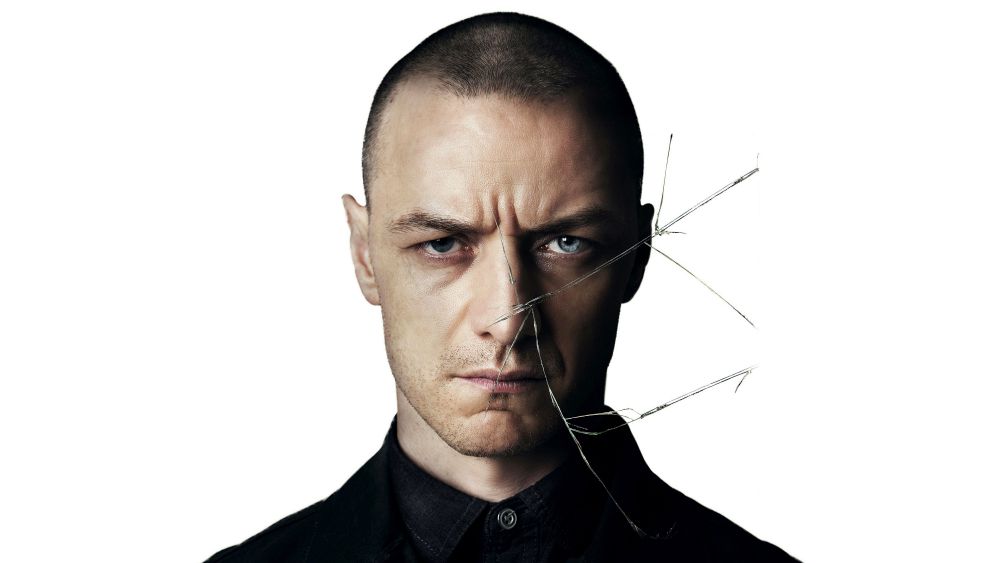
As the awards season prepares to get into full swing, the end of summer is an excellent moment to pause and reflect upon the best performances that have been seen in cinemas this year.
*All films on this list were released in UK cinemas in 2017. Release dates vary around the world, and therefore for readers not in the UK, some of these films will be 2016 releases.
15. Gal Gadot in Wonder Woman
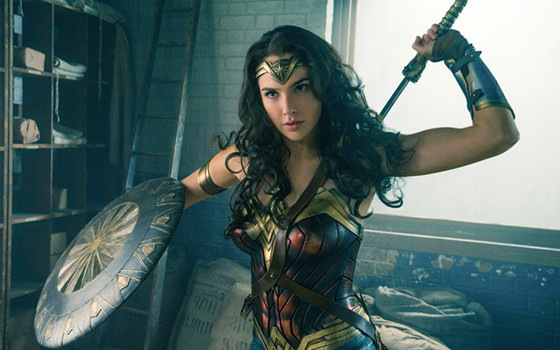
2016’s Batman vs Superman, the cinematic equivalent of taking a sledgehammer to the skull, introduced the world to Gal Gadot’s Wonder Woman. Such was the poor quality of everything around her, there was no accurate indication as to the quality of Gadot’s performance or whether she could hold up a feature as the lead protagonist.
Wonder Woman confidently demonstrates that we need not have worried. The combination of Gal Gadot and director Patty Jenkins results in a delightfully empowering film, leading by character and performance and most crucially not allowing itself to be bogged down by the impending expansion of the DC Universe. Gal Gadot is a joy to watch in the title role, brimming with confidence and an unconquerable energy.
14. Sharlto Copley in Free Fire
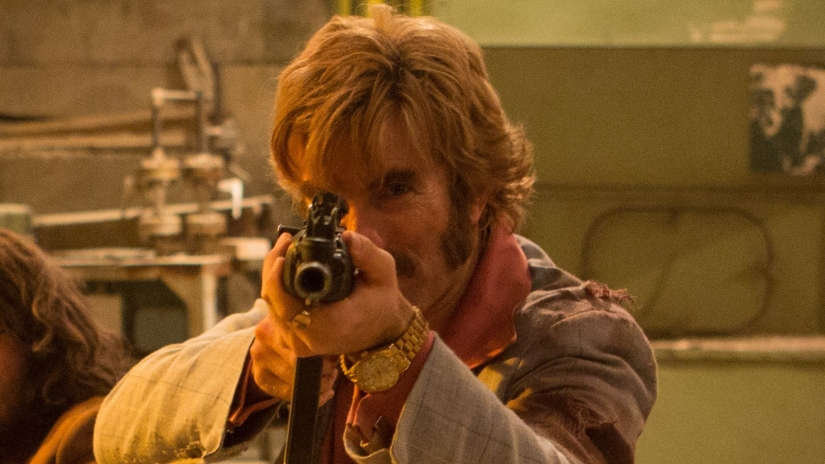
Ben Wheatley’s Free Fire is a film that is not primarily driven forwards by its plot; in fact, it is more of a technological exercise in which twelve people have a shoot-out in a warehouse. A balancing act therefore takes place between keeping the gimmick going and ensuring the characters are memorable to holding the audience’s attention throughout the film.
Fortunately, the film achieves both, with the script (co-written by Wheatley and Amy Jump) crackling with outrageous one-liners and a group of characters who range from conventional to the utmost bizarre.
Arguably the pick of the bunch is Sharlto Copley’s Verne, joyously described as a “misdiagnosed child genius”, a South African gun dealer who oozes patronising confidence, highly motivated to preserve his own image and status as a man who could do everything on his own, yet allows other people to come for the ride.
13. Taraji P. Henson in Hidden Figures
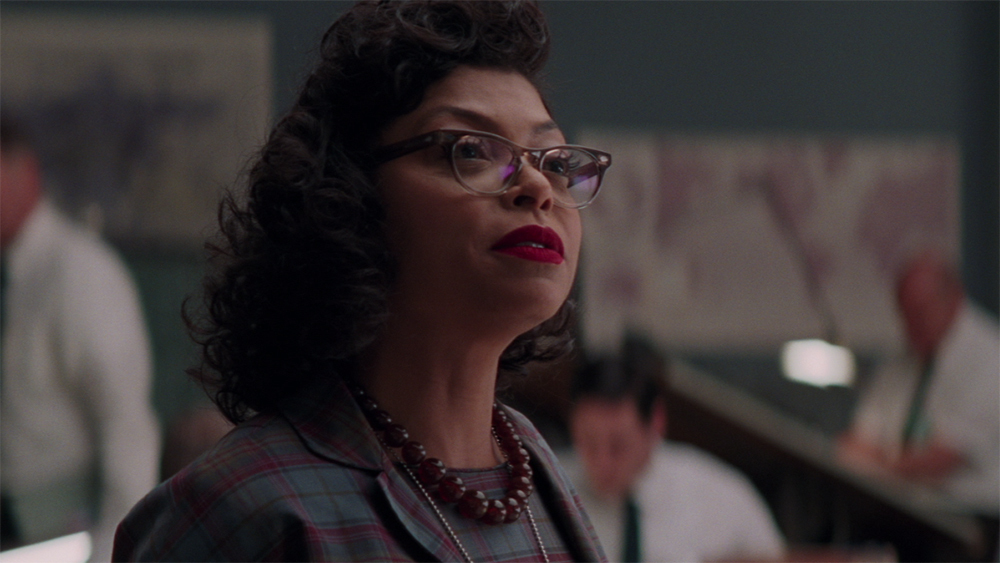
The long-unrecognised achievements of the role of African American women in Nasa in the 1960’s gets the celebration it deserves in Theodore Melfi’s uplifting and energetic drama. The power of the story is not found in the narrative itself- the film’s developments are simple enough to foresee- but in the joy and gusto that comes with the central performances by Octavia Spencer, Janelle Monae and most notably Taraji P Henson as Katherine Jackson.
Katherine stumbles around with a bumbling nervousness that instantly plays to the underdog archetype, but Henson brings a growing sense of determination not to succeed for herself but making sure that her work is done as diligently and accurately as possible, to see that her job is done to the best of her abilities. Katherine is a black woman showing society that she should not be stereotyped for the colour of her skin or her gender, but she is a down to earth person, who has a job to do, and her work ethic sets an example for those around her.
12. Florence Pugh in Lady Macbeth
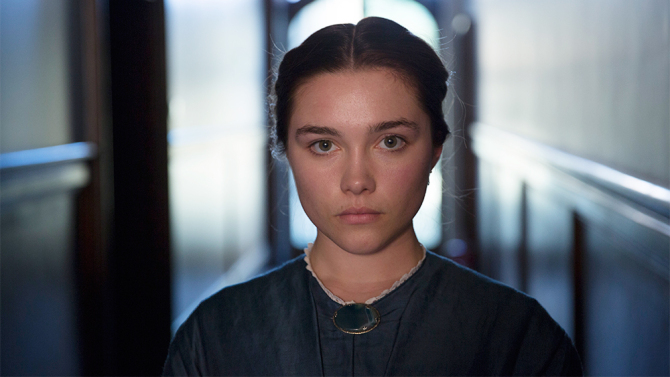
The feature debut from William Oldroyd revolves around the performance of Florence Pugh, who is integral to everything that is right about this adaptation of Nikolai Leskov’s novel. Pugh’s Katherine drives not only the narrative, but also the tangible mood of the film whether that is the themes of abuse, abandonment or seething violence.
Watching Pugh devilishly use her sexuality to, at first, simply occupy her from her constant state of boredom shows an actress who is aware of her physical presence on screen and utilising it to bring added depth to an already complex character. Because the title of the film nods towards Shakespearean influences, it would be simple to reach assumptions as to how the narrative will develop but Oldroyd and Pugh never allow the audience to rest on such laurels.
Florence Pugh is still in the dawn of her cinematic career. Her work on Lady Macbeth coupled with Carol Morley’s 2014 drama The Falling demonstrates an actress who deserves attention from a much wider audience than she currently has, though it seems only a matter of time before this becomes a reality.
11. Michael Fassbender in Alien: Covenant
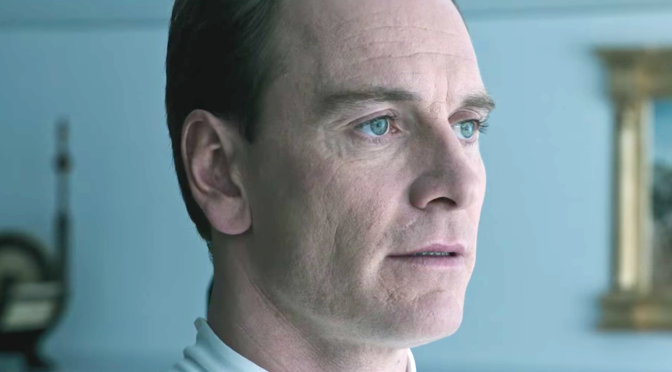
It would be difficult to argue with anyone who believe that the dialogue written for Michael Fassbender’s characters David and Walter was penned by an alternate screenwriter to the rest of Alien: Covenant. The result of this is twofold: on the one hand, Fassbender’s double performance stands head and shoulders above all others in the film, and yet tonally, the story concerning David and Walter occasionally feels like it belongs in another film entirely.
Michael Fassbender was one of the few positives coming out of Prometheus; his performance as the scheming android David was an exceptional core for the rest of the film to gravitate towards. While this ultimately did not happen successfully, the decision to expand the role of Fassbender in Alien: Covenant to bring in a second android allowed the film to focus on the “big questions”, imbuing a horror film with two characters philosophising on humanity.
10. Daniel Kaluuya in Get Out
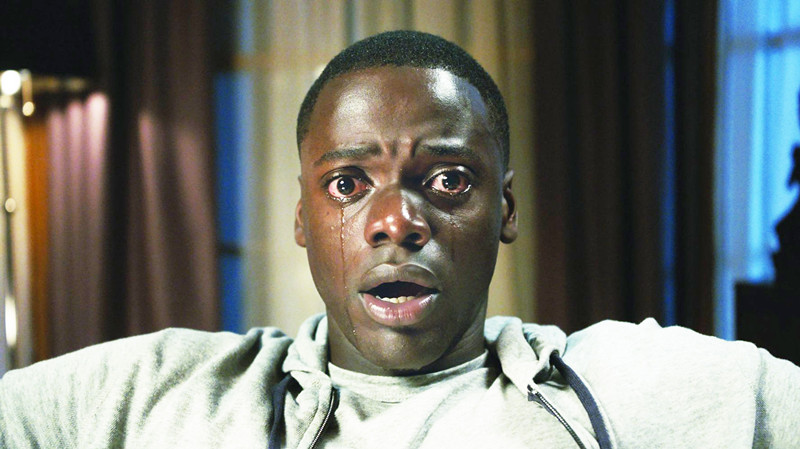
All performers have to start somewhere. For Daniel Kaluuya, that somewhere was playing bit-part characters on British television and an unbearable sidekick to Rowan Atkinson in the mercifully forgotten Johnny English Reborn.
Since then however, Kaluuya’s career has begun an upward trajectory, first as Emily Blunt’s moral compass in Sicario and, most recently as Chris Washington in Jordan Peele’s Get Out. Chris is as central as possible to the story, particularly in the first two acts of the film, where both Chris and the audience are not quite certain as to what is going on. Peele allows us to see only what Chris sees, and Kaluuya gives a highly cynical performance, a man who is constantly uncomfortable in new surroundings, always feeling the need to make sure he isn’t about to be stabbed in the back.
9. Viola Davis in Fences
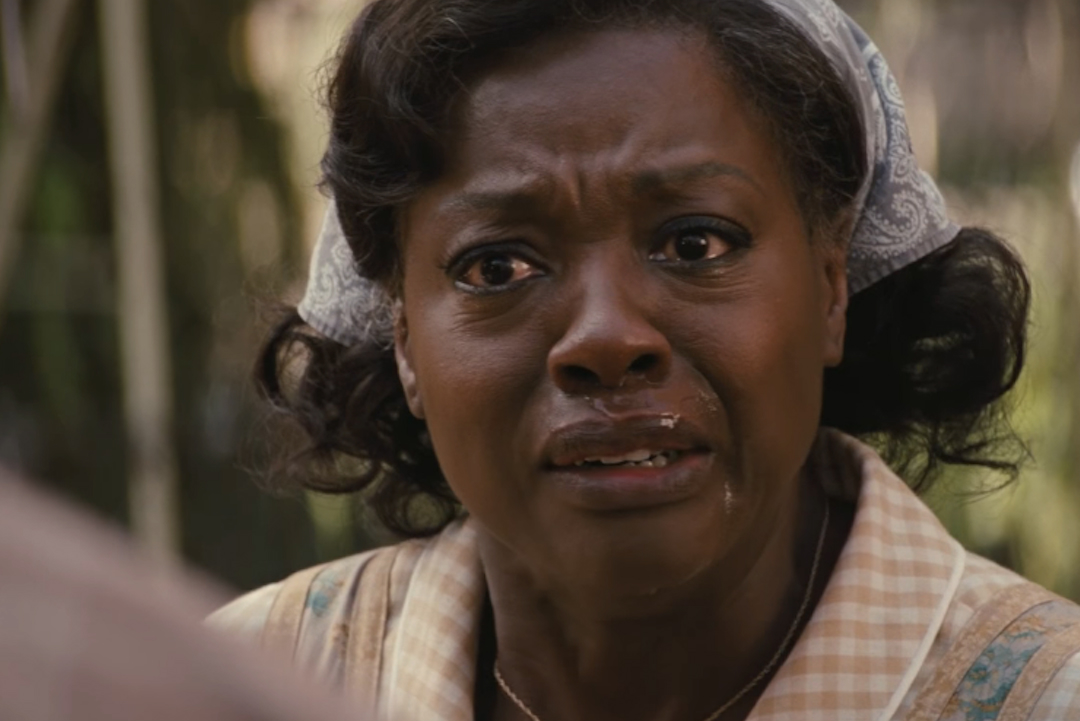
Denzel Washington has had a well-recorded affinity with the stage play Fences, written by August Wilson. Washington has performed in the play onstage and here he takes on the lead role of Troy Maxson, while also directing. The buzz around the film was that of Washington’s passion project finally coming to the screen and yet all the thunder was stolen by his co-star.
Viola Davis is utterly devastating as Troy’s put-upon wife Rose, who presents a layer of fierce pride and charisma to hide the emotional weariness of a woman whose life has been restricted by the dominance of her husband. She is unwaveringly loyal to Troy and her eloquent verbal sparring with him cements the relationship at the heart of the film.
The problem with Fences as a film is that it is far to constricted to work in cinema- the atmosphere is too tight and irritatingly suffocating. Viola Davis’ performance could not be further from this, a performance delivered with every ounce of energy and heart at hand, and one to be championed.